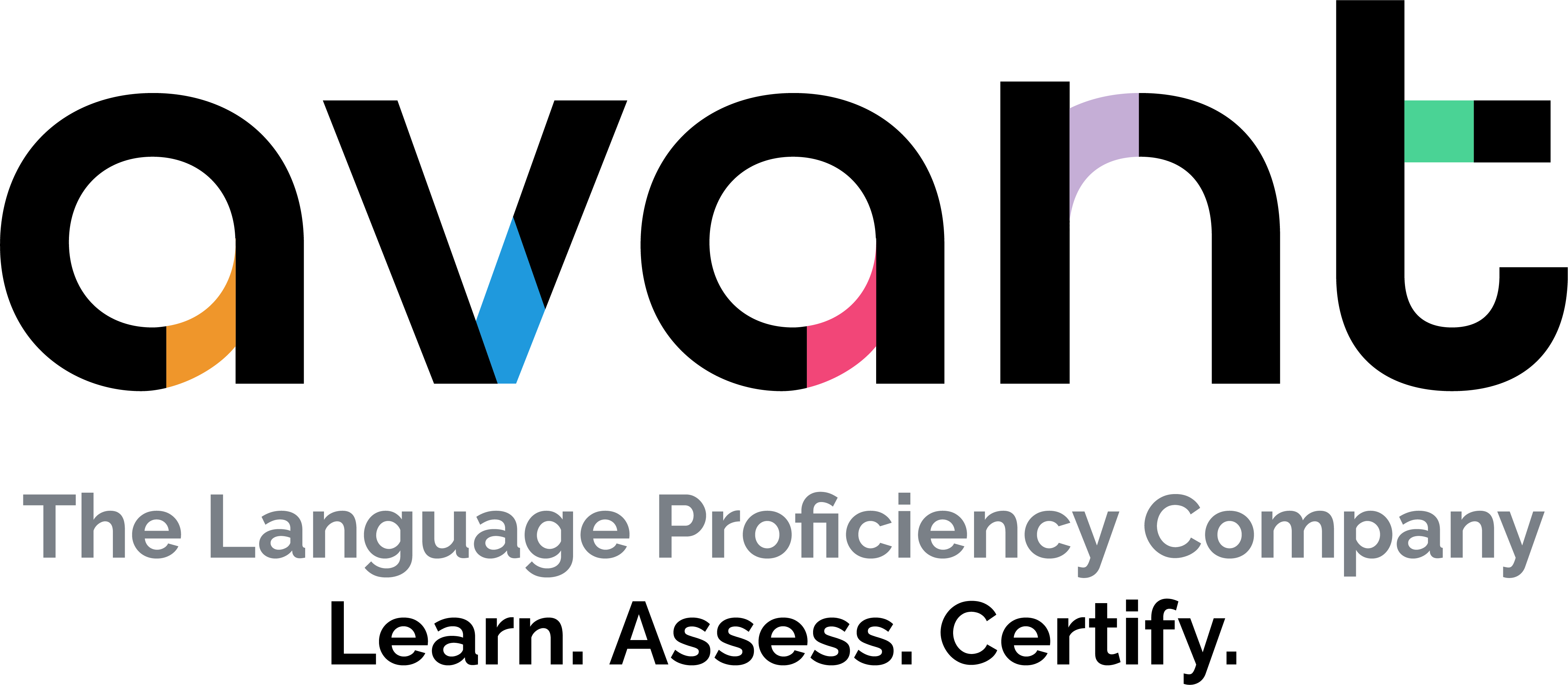Dive Brief:
- A new study conducted by three Duke researchers has found that universal pre-K programs can reduce costs for states by bringing down the number of students later placed in special education programs.
- The new report looks specifically at North Carolina's Smart Start and More at Four programs, finding that these initiatives reduced the chances of a student being placed in special education courses in third grade by 39%.
- This makes a massive difference considering the fact that, in the 2005-06 school year, special education costs resulted in North Carolina paying an extra $8,000 for each third grade student enrolled in a SPED program, according to the study.
Dive Insight:
The findings of this study have ripple effects beyond just cutting costs. Special education students are more likely to be ensnared in the school-to-prison pipeline, especially students in low-performing schools without mental health care and highly qualified teachers and staff. The report found that the number of students who were enrolled in pre-K programs and then weren't placed in SPED programs was more significant among students with less-educated parents — exactly the students most often associated with the school-to-prison pipeline.
This study only builds on the increasing focus early-education has been receiving recently. First, there was New York City Mayor Bill de Blasio's public push to provide universal pre-school. It was also a massive point of debate in the Texas gubernatorial elections, and political heavyweights like Hillary Clinton and Rahm Emanuel have spoken on its importance.
On top of these pushes, a study out of Rutgers University found that, despite increased interest in early education, many states are not filling their pre-K slots. The premise of the study seems to be an inverse issue in Minnesota, where, according to research by the Wilder Foundation, 72,000 children were left unserved. In fact, 5,500 low-income children are reportedly on waiting lists due to reductions in Head Start funding.
A push for pre-K opportunities makes sense if states are serious about education. According to Georgetown University professor and developmental psychologist Deborah Phillip, one of the ultimate benefits of a stellar pre-K program is that it mimics many of the relationship needs a child desires from its family. Phillips and her team spent seven months reviewing Tulsa, OK, pre-K programs and found quality early education must have four pillars in place: strong curriculum, ample funds, balanced teacher-student ratios, and highly qualified teachers. With these in place, Phillips says, pre-K programs can giving emotional and social support, allowing children to feel “safe, protected, loved, valued” — all necessities to make students love school and want to succeed.





 Dive Awards
Dive Awards







